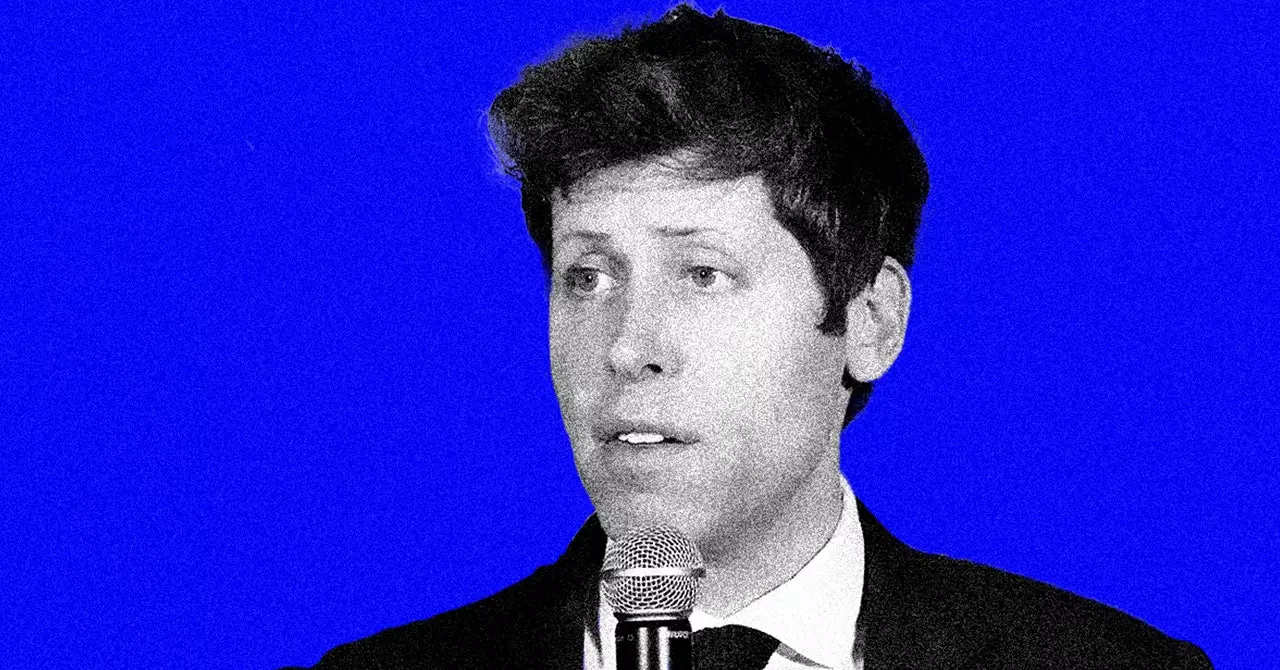In early 2023, OpenAI introduced the novel concept of custom GPTs, positioning them as innovative tools that enable users to create tailored experiences using ChatGPT’s robust framework. This initiative was aimed primarily at non-technical individuals—including educators and creatives—allowing a wider demographic to engage with artificial intelligence in imaginative ways. OpenAI’s low-code model lowered barriers to entry, fostering an environment ripe for innovation and user-led creativity.
Following months of anticipation, the GPT Store emerged in January 2024, drawing eager builders and customers alike. By offering access to paid subscribers of ChatGPT Plus, Teams, or Enterprise plans, OpenAI ensured a curated audience for these custom applications. This strategic move not only perpetuated user engagement but also promised potential monetization avenues for developers, igniting a surge of interest in the marketplace.
In a groundbreaking development, OpenAI revealed plans for a revenue-sharing program geared towards developers of popular GPTs. Developers are encouraged to sharpen their creations and enhance user experience further as they stand to benefit financially from their innovative offerings. The promise of a minimum payout—reportedly set around $1,000 monthly for involvement in early pilot programs—has undoubtedly attracted creators to contribute to the growing landscape of AI-driven tools.
However, while the excitement over potential earnings is palpable, this model rests heavily on user engagement metrics. Developers like Nick Dobos, who successfully launched the coding GPT named Grimoire, exemplify the potential rewards of this initiative. With millions of chat interactions logged, Dobos represents a case in point for how proficient engagement can lead to financial success. Yet, in terms of transparency and communication, it seems that there are shadows lurking behind the excitement. Some developers report a lack of feedback from OpenAI regarding the operation of the revenue-sharing program—raising questions about the sustainability of this business model.
Another perspective comes from Adrian Lin, an AI researcher from Singapore who has harnessed this technology through his venture, Adrian AI Lab. Lin’s narrative reflects a positive reception of OpenAI’s offering, describing it as an “accessible gateway” for those without formal coding backgrounds. His success with Copywriter GPT showcases the platform’s potential for ordinary users to create remarkable AI applications. With hundreds of thousands of interactions with his product, he stands as another testament to the budding opportunities in this field.
In closing, the advent of custom GPTs marks a significant leap forward in democratizing AI technology, paving the way for diverse contributions from various sectors. The friction between user engagement and developer communication underlines an evolving narrative that will shape the future of AI monetization. As OpenAI refines its processes and initiatives, the notion of custom GPTs is likely to become entrenched in creative workflows, further blurring the lines between technology and artistry in ways we have yet to fully explore.


Leave a Reply